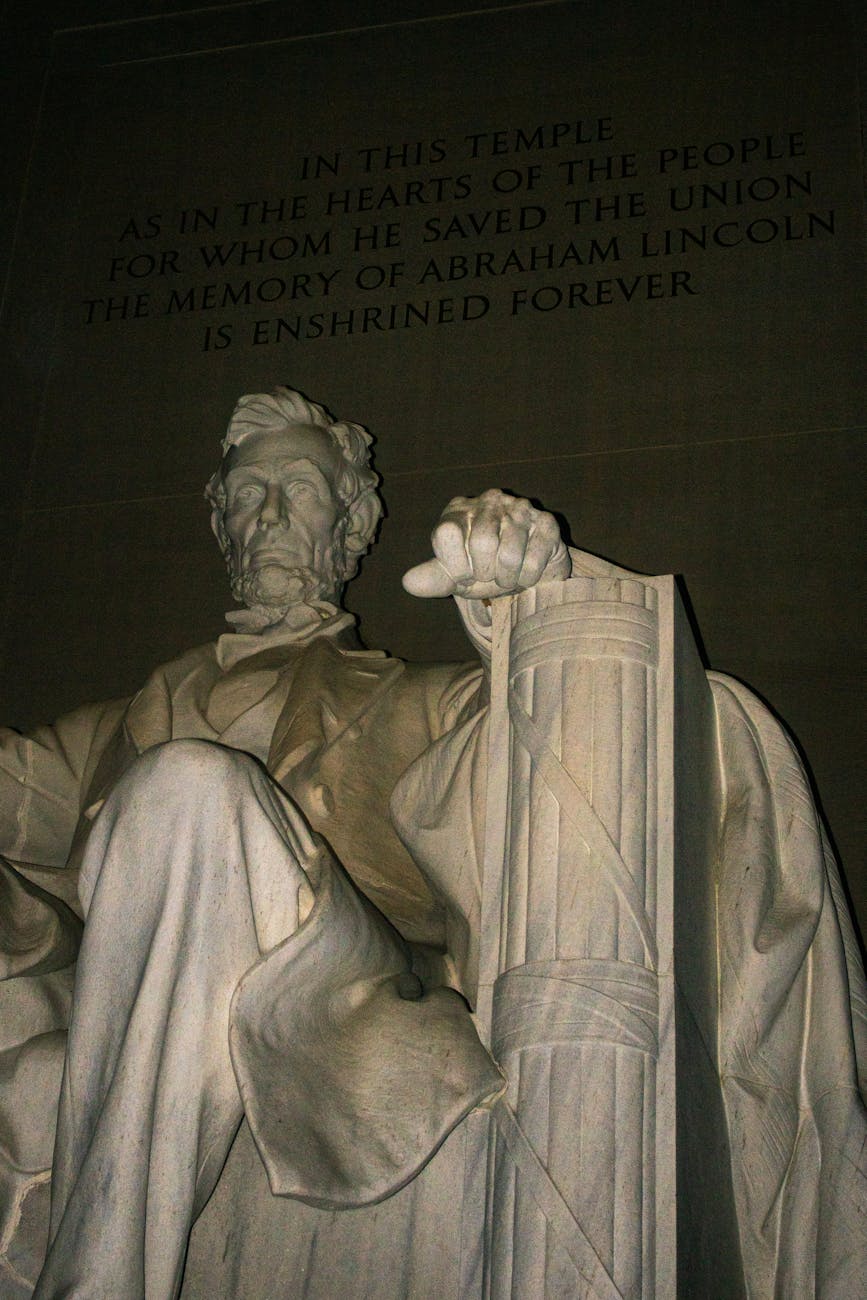Unpacking the President’s Claim: Government’s Stake in the Intelligence Landscape
Examining the assertion that the U.S. government now “controls” a significant portion of intelligence.
Recent statements by President Donald Trump have brought a new focus to the intricate relationship between the U.S. government and the world of intelligence gathering and dissemination. The assertion that the government now “controls” 10% of intelligence, as reported by Gizmodo, raises significant questions about the nature of government influence, data ownership, and the private sector’s role in this critical domain. Understanding this claim requires a closer look at what “control” might entail in this context and the broader implications for national security and public information.
The Ambiguity of “Control” in the Intelligence Sphere
The core of the discussion revolves around the term “controls.” In the realm of intelligence, this could mean several things. It might refer to direct government ownership of intelligence-gathering assets, such as satellite networks or surveillance programs. Alternatively, it could signify substantial influence over private entities that collect and analyze intelligence, perhaps through contracts, regulatory oversight, or data-sharing agreements. It is also possible that the figure pertains to specific types of intelligence or data, rather than the entirety of the intelligence landscape.
Without further clarification from the President’s office, interpreting the precise meaning of “10% of intelligence” remains challenging. Intelligence itself is a broad term, encompassing raw data, analyzed reports, human source information, and signals intelligence. The government’s involvement in these various streams can range from direct generation to acquisition, analysis, and strategic use.
Government’s Established Role in Intelligence
Historically, the U.S. government has been a primary producer and consumer of intelligence. Agencies like the Central Intelligence Agency (CIA), the National Security Agency (NSA), and the Defense Intelligence Agency (DIA) are tasked with gathering, processing, and analyzing information critical to national security. Their operations are vast, employing sophisticated technology and a significant human workforce.
Beyond these core agencies, numerous other government bodies, from the FBI to the Department of Homeland Security, also engage in intelligence activities relevant to their specific mandates. This established governmental infrastructure represents a substantial portion of the nation’s intelligence capabilities.
The Growing Influence of the Private Sector
In recent decades, the private sector has become an increasingly significant player in the intelligence ecosystem. Technology companies develop the platforms and tools used for data collection and analysis, while private intelligence firms and data brokers gather and sell information. Many of these entities operate under government contracts, providing specialized services or access to data that government agencies may not possess directly.
This dynamic creates a complex web of relationships. The government often relies on private innovation and expertise, leading to a symbiotic, though sometimes contentious, partnership. Questions about data privacy, security, and the potential for foreign influence over private entities that handle sensitive information are frequent topics of debate.
Perspectives on Government “Control”
From a perspective focused on national security, increased government “control” over intelligence could be seen as a means to ensure greater oversight, reduce reliance on potentially vulnerable private actors, and streamline operations. Proponents might argue that centralized control can enhance efficiency, improve data security, and provide a more unified approach to threat assessment.
Conversely, a more libertarian or privacy-focused viewpoint might express concern. The idea of expanding government control over intelligence could raise alarms about potential overreach, unwarranted surveillance, and the erosion of civil liberties. Critics might argue that a diversified intelligence landscape, involving both public and private entities, can foster innovation and prevent the concentration of power, while also emphasizing the need for robust checks and balances.
Furthermore, the assertion of “control” might be interpreted as a statement about the government’s ability to direct or shape the narrative derived from intelligence, rather than simply possessing the data itself. This could imply a strategic advantage in controlling the flow and framing of information, both domestically and internationally.
Potential Implications and Future Considerations
If the President’s statement signifies a tangible increase in government ownership or direct influence over intelligence assets or data, it could have several implications. It might lead to shifts in how intelligence is collected and shared, potentially impacting the business models of private intelligence firms and technology companies. It could also signal a move towards greater government self-sufficiency in intelligence matters.
For the public, such a development would underscore the importance of transparency and accountability in government intelligence operations. Understanding the extent of government control, the data it possesses, and how it is used is crucial for maintaining trust and safeguarding individual rights.
The evolving nature of intelligence in the digital age means that the lines between government, private industry, and public information will likely continue to blur. The claim of “10% control” serves as a reminder to scrutinize these evolving dynamics and advocate for policies that balance national security needs with individual liberties and market competition.
Key Takeaways
- President Trump’s claim that the U.S. government “controls” 10% of intelligence requires clarification on the definition of “controls” and “intelligence.”
- The U.S. government has a long-standing and extensive role in intelligence gathering and analysis through various agencies.
- The private sector plays an increasingly significant role in intelligence, often through contracts with government entities.
- The concept of government “control” in intelligence can be viewed from perspectives emphasizing national security, efficiency, privacy, and civil liberties.
- Any significant shift in government control over intelligence could have implications for private industry and public oversight.
Further Information
For a deeper understanding of the U.S. intelligence community and its operations, the following official resources may be helpful:


























